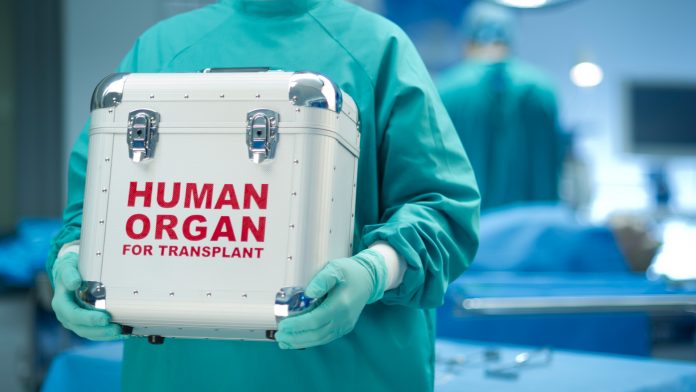Organ Harvesting: When The Bad Overshadows The Good

The word harvest or harvesting will normally evoke some positivity.
It is a time to reap and, or time to give in appreciation. When the farmer harvests, it is a joy for him/her to celebrate the fulfilling outcome of hard work.
And whereas a good investment brings good harvest or returns, in churches, harvest is a time to give and offer thanks to God for reaping good harvests in one’s life.
Organ harvesting
So what is this negativity creeping into organ harvesting, otherwise a great advancement in medicine?
A spectacular medical breakthrough, the case of organ harvesting can be positive. It is seemingly a time when the healthy willingly give so the sick, related or not, may also live. However, when the harvesting becomes non-consented, that definitely becomes a problem.
Legally, organ donation for transplant is welcome in some countries. However, as it is the case in the United Kingdom (UK) where a case is brewing, for example, when monetary or material reward comes into the bargain, organ harvesting becomes a plot and ,therefore, a criminal act. It is even seen as a kind of modern day slavery.
At a public symposium on human trafficking a few years back, the ugly side of organ harvesting came up strongly.
Human trafficking
A young woman, whose story was of much interest during the discussion, spoke about human trafficking under false employment outside the country. She referred to a time when recruitment for unskilled labour outside the country was rife.
She and several others, male and female alike, had responded to some such adverts and had been recruited locally for domestic duties specifically in the Middle East. The package sounded too juicy to toss it over for the hairdresser apprentice job she was doing, so she went through the processes of passport and visa acquisitions.
A few months after arrival in her new country and home, she began having regrets. She worked longer hours into dawn, cleaning, washing and feeding cats and dogs, ate after everyone had eaten and the money she had been promised did not look meaningful anymore.
The agent who recruited her would not answer her calls so she decided to run away.
She ended up at a centre where other abused and rescued foreign domestic workers were being housed and awaiting deportation to their various countries.
At the centre, she learned about organ harvesting that was going on and how some people had become victims. She counted herself lucky that she had not forcefully ended up in hospital as some people did for their organs to be removed for monetary rewards.
Her ordeal and that of others did not appear surprising to some participants at the symposium. A lot of warnings had gone on in the media about those supposed foreign recruits that our youth were falling victims to and the Foreign Ministry had many times issued lots of caveats but to no heed.
Nonetheless, to some of us, she gave fresh valuable information from the “horses own mouth”. Who else could publicly tell it that best to the concerned bodies including UN organisations, foreign embassies, as well as the security agencies, I thought.

